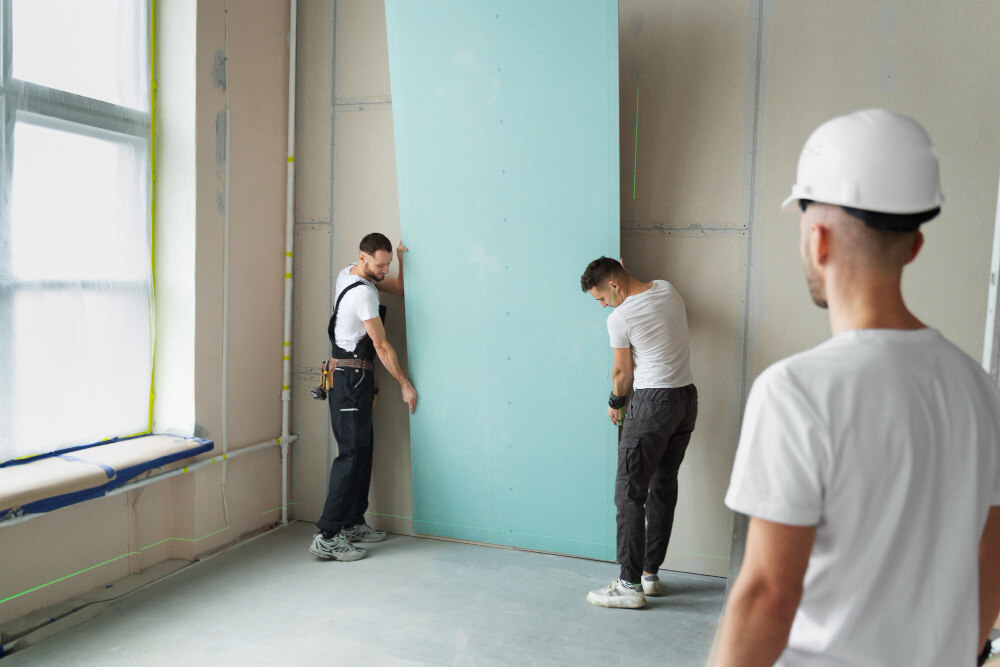If you’re remodeling a room or building a new home, you’ve likely come across the terms drywall vs sheetrock. This guide will clarify the sheetrock vs drywall debate, break down price differences, and help you choose the right option for your budget and project needs. Drawing from trusted construction sources and industry insight, this article offers expert-level info—formatted to be easy to understand.
Understanding Drywall and Sheetrock
At their core, drywall and Sheetrock are fundamentally the same construction material—a gypsum core sandwiched between two layers of paper or fiberglass backing. The main distinction comes down to branding.
- Drywall is the generic term (also known as gypsum board, plasterboard, wallboard). It’s the versatile wall and ceiling material used in most North American homes.
- Sheetrock is a trademarked brand name owned by USG (United States Gypsum Corporation), and one of the oldest, most trusted drywall brands in the industry.
To put it simply: all Sheetrock is drywall—but not all drywall is Sheetrock
Why the Confusion Between Sheetrock vs Drywall?
Because Sheetrock became so ubiquitous, many people use the brand name as a catch-all for drywall. It’s like saying “Kleenex” for any tissue. Especially in construction circles, “sheetrock a wall” just means applying drywall
Sheetrock vs Drywall Price
Pricing can play a deciding role in your choice:
- Standard drywall typically runs around $0.45–$0.65 per square foot, depending on brand and location
- Sheetrock costs slightly more, often $0.55–$0.65 per square foot, or about $0.12 more per square foot than generic drywall
While this isn’t a huge difference for small jobs, it can add up on large projects. However, many contractors choose Sheetrock for its consistent quality and performance.
Drywall vs Sheetrock — Key Differences at a Glance
| Feature | Drywall (Generic) | Sheetrock (USG Brand) |
| Brand Name | Generic term | Trademarked by USG |
| Quality & Consistency | Varies by manufacturer | Generally higher, more consistent |
| Price | Slightly cheaper | Slightly higher (≈ $0.12/sq ft more) |
| Product Variety | Varies across brands | Wide range of specialized sheets |
| Odor & Additives | Variable, especially imports | Many USG products emit low sulfur |
| Specialized Options | Available from many brands | Includes UltraLight, Moisture, Firecode lines |
Why Choose Sheetrock?
- Trusted reputation: Since 1917, Sheetrock has been a go-to in the US for consistent quality.
- Special features: USG’s product lines include lightweight sheets, enhanced fire resistance, excellent moisture and mold resistance, and ultra-smooth finishes.
- Made in the USA: Many Sheetrock products use recaptured gypsum, recycling waste from power plants, and follow strict US standards.
- Easier installation: Contractors report cleaner cuts and more uniform cores, speeding up installation and finishing.
When Generic Drywall Makes Sense
- Tight budget: If cost is the priority, generic drywall gets the job done reliably.
- Smaller jobs or DIY: For patching or simple projects, the savings might outweigh brand benefits.
- Availability: Many local hardware stores stock generic drywall, sometimes priced lower due to bulk or local sourcing.
FAQs about Sheetrock vs Drywall
Is sheetrock vs drywall just a branding issue?
Yes. Both are the same type of gypsum board. Sheetrock is simply a brand name, with generally higher quality and consistency
Which is more expensive: sheetrock or drywall?
Sheetrock tends to cost about $0.12 more per square foot than generic drywall
Does Sheetrock offer better fire resistance or mold control?
Many Sheetrock products are specially formulated for fire resistance (FireCode), mold resistance (Mold Tough), or are lighter weight (UltraLight)
Is there an odor difference between drywall and Sheetrock?
Some generic drywall, especially imported varieties, may emit sulfur odors. Sheetrock products generally avoid this by using cleaner gypsum sources
Should I choose Sheetrock for DIY projects?
If you value cleaner cuts, consistent finish, and don’t mind spending a bit more, Sheetrock is a great choice. But for budget DIY, generic drywall works well.
Conclusion
When considering drywall vs sheetrock, remember that the material is fundamentally the same—gypsum board. The key differences lie in branding, quality consistency, product offerings, and price.
- Choose Sheetrock if you want a trusted, US-made product with specialty options and tolerances worth the cost.
- Opt for generic drywall if you’re watching your budget, doing smaller jobs, or have reliable local supplier options.
Understanding the sheetrock vs drywall price, going through a professional guide like this blog, and knowing your project’s priorities will help you make an informed, effective choice.

